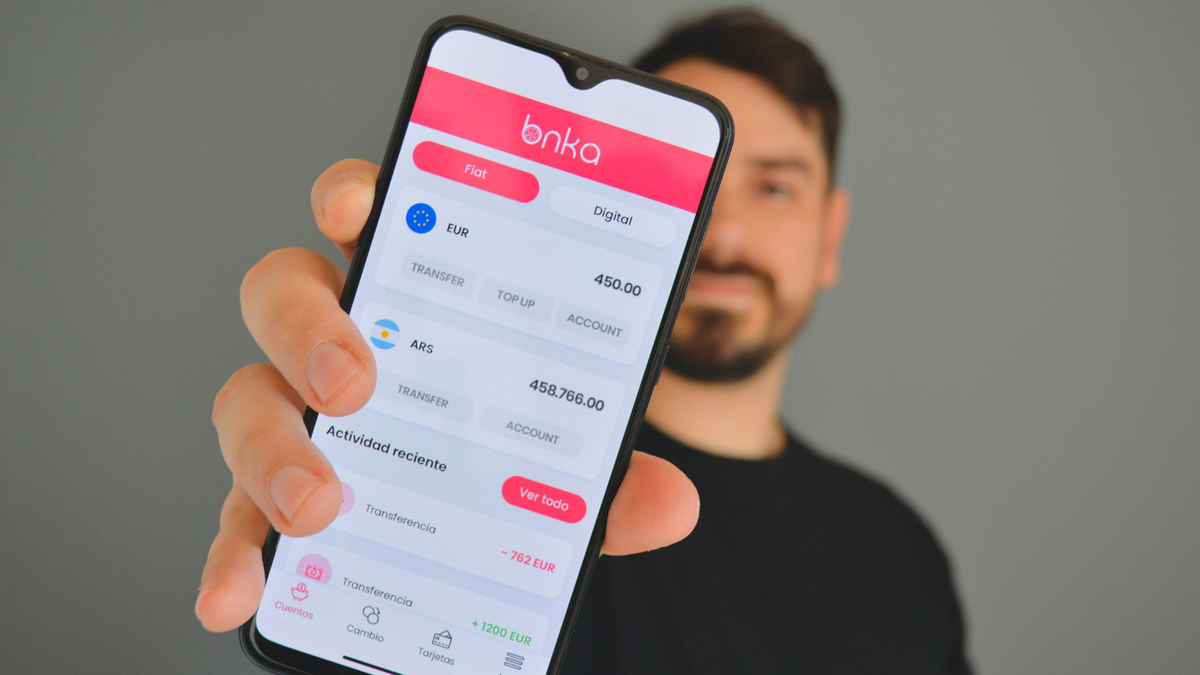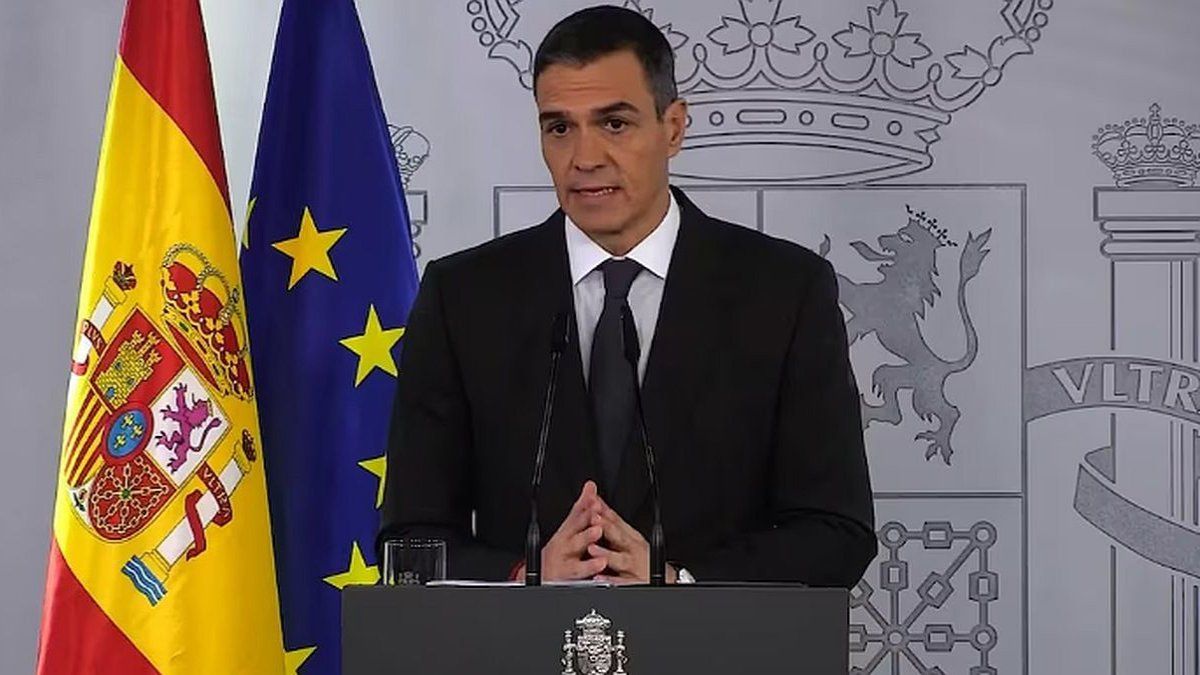Antonio, a young Argentine designer, arrived in Barcelona looking for greater opportunities, only to discover that his lack of credit history in Spain would prevent him from obtaining a basic bank card. Sofía, a Peruvian engineer, faces similar problems in Portugal: financial barriers make it difficult for her to send money to her family, while she is still adjusting her residency documents. Luis, a technology professional from Uruguay, found a remote job at a European startup, but managing his income and complying with tax obligations in both countries is a constant challenge.
Each of these stories represents the reality of hundreds of thousands of Latin Americans emigrating to Europe, a phenomenon driven by the post-pandemic generation that adopted remote work, freelancing and temporary jobs.
The International Organization for Migration (IOM), dependent on the UN, defines a migrant as any person who moves outside his or her place of habitual residence, either within his or her own country or across borders, for temporary or permanent reasons and due to for various reasons.
According to its most recent report, there were approximately 281 million international migrants in the world in 2020, representing 3.6% of the global population. This number has grown steadily over the past five decades, increasing by 128 million since 1990 and more than tripling compared to 1970.
In this context, The number of Latin Americans in Europe has shown a constant increase. According to the IOM, almost 3.7 million new residence permits were issued in European Union countries in 2022, representing significant growth compared to previous years. In 2024, this trend has continued, with a notable increase coming from Latin America, especially to Spain, Italy and Portugal, driven by the cultural, linguistic affinity and job opportunities that these countries offer.
However, despite the increase in the migratory flow, this segment faces serious difficulties in accessing financial services in their new countries of residence. A major barrier is the lack of a European credit history, which limits access to credit, mortgages or even basic bank accounts. According to a report by France 24, bureaucracy and lengthy residency requirements exacerbate this situation, forcing many to rely on informal money transfer solutions, which often have high costs, poor security, high fees and significant delays in accreditation.
Latin American migrants in Europe are a diverse group that includes young techies, MBA students, digital nomads, expatriates, self-employed professionals and temporary workers. Each faces unique challenges in their financial integration, from the need to make movements and transfers, to managing income and expenses in multiple currencies. Additionally, they must maintain active financial connections with their home countries to meet tax obligations or send money to their families.
More than 40% of those who migrate continue to have payment responsibilities in their country of origin during the first two years, and many support their families by paying bills. This constant movement of funds underscores the need for a global financial infrastructure that facilitates these transactions quickly and securely.
Language barriers, required documentation, immigration procedures, banking bureaucracy and the lack of a fixed address are common obstacles for many migrants. Faced with these difficulties, fintechs like BNKA have developed solutions that simplify financial management, allowing users to manage multiple wallets from a single app: Argentine pesos through a CVU, euros with an IBAN and even USDT. All of this gives them the ability to switch between currencies quickly and efficiently.
For example, an Argentine user living in Spain can convert euros to pesos in seconds, moving their money from the European financial system to the Argentine one without commissions or hidden costs. This currency exchange is automatic, and the money is immediately credited into the local financial system. From there, the user can use their balance for purchases, transfers or the payment of services such as electricity, rent or even the football club fee.
These types of solutions transform the way migrants send money and manage payments, quickly connecting their country of origin with their place of residence.
Financial inclusion and the 2030 Agenda
Equal financial access is not only an urgent need for migrants, but also a fundamental pillar of the 2030 Agenda for Sustainable Development. This plan encourages collaboration between governments, traditional financial institutions and emerging technologies to close the social and economic gaps that persist. Examples such as Telefónica and Santander demonstrate how large corporations can not only compete, but also collaborate with fintechs and startups, taking advantage of their global reach and experience, combined with the innovation and agility of these new companies.
On the other hand, reducing economic and technological barriers is essential so that migrants can fully integrate into their new countries of residence. These limitations not only affect their financial stability, but also restrict their ability to contribute to local development. Promoting inclusive and accessible solutions will allow us to build a fairer, more effective and sustainable integration for all.
Head of Marketing at BNKA
Source: Ambito
David William is a talented author who has made a name for himself in the world of writing. He is a professional author who writes on a wide range of topics, from general interest to opinion news. David is currently working as a writer at 24 hours worlds where he brings his unique perspective and in-depth research to his articles, making them both informative and engaging.




